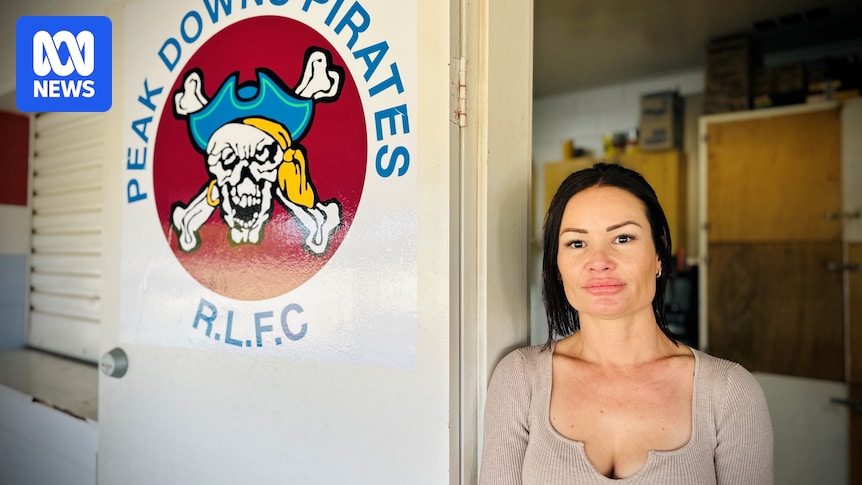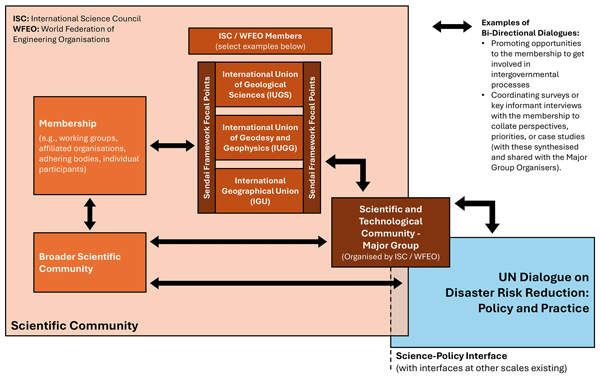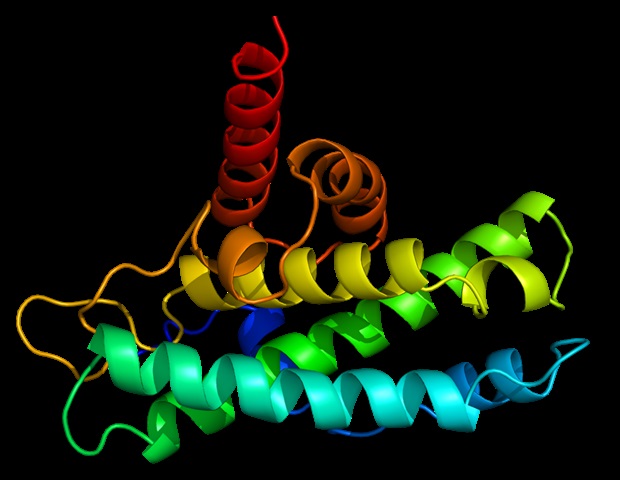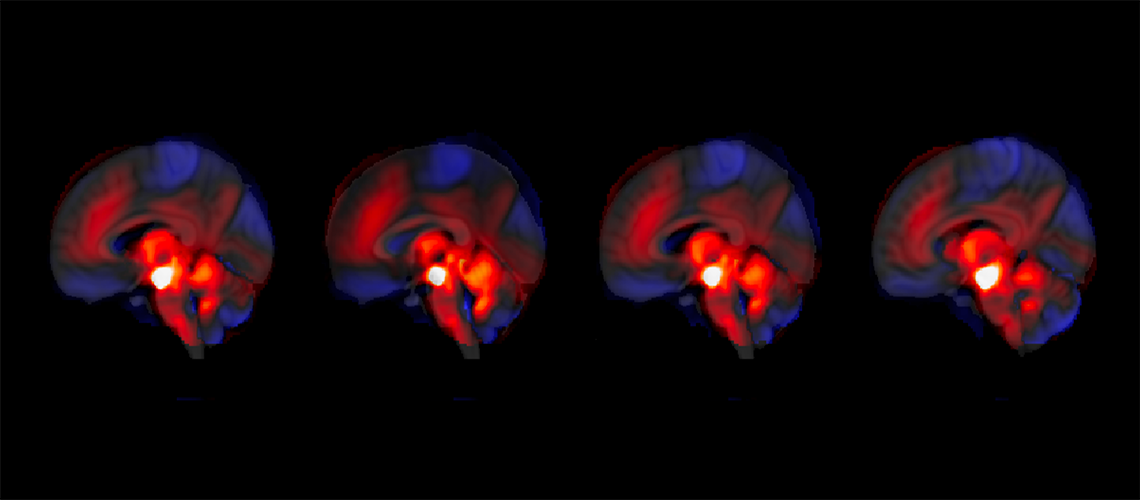
On a typical Saturday afternoon, Langerak Park in the small mining town of Tieri, central Queensland, would be bustling with activity. The Peak Downs Pirates Rugby League Club, a cornerstone of this 700-person community, would draw fans eager to secure a spot by the bar, camp chairs in tow, ready to cheer on their team. But today, the field lies empty.
“I’ve cried and I’m looking at grown men with tears in their eyes,” said Samantha Reinke, a long-serving committee member of the Pirates, as she gazed over the deserted grounds. The absence of a game is a stark reminder of the challenges facing the town. A combination of mine closures, seven-day work rosters, and a declining population has led to the club’s dissolution.
“Everybody looked forward to a home game, and many followed us to other towns, which could be up to a two and a half hour’s drive,” Ms. Reinke explained. “That’s all gone now, and there’s nothing else to do, so it’s very demoralizing for the community to lose something like this.”
Impact of FIFO Work on Community Life
Tieri, located about 900 kilometers northwest of Brisbane, was founded in 1983 as a service hub for three local coal mines. Today, only one remains operational. The Glencore-owned Oaky Creek North Coal Mine employs around 800 workers, making it one of the Bowen Basin’s most productive underground coal operations. However, the town’s population continues to dwindle with each census, largely due to the prevalence of fly-in fly-out (FIFO) work.
Half of the mine’s workforce is FIFO, and as the town shrinks, its sporting clubs vanish. Once a hive of activity, sports like touch football, hockey, soccer, gymnastics, indoor cricket, tennis, and lawn bowls have faded into memory. The Pirates are the latest casualty.
“As the years have gone by, and you see it with all the mining communities, especially the small ones like ours, it’s almost impossible to get a full side,” Ms. Reinke noted. The disappointment is echoed by club president Mitch Reinke and coach Ben Liddell.
“We had over 50 people registered to play this season, which was promising, but with injuries and shift work, it was very challenging,” Mr. Reinke said.
Before the difficult decision to fold, the Pirates managed to field only five players for their last match. Mr. Liddell expressed his devastation, stating, “The town’s got a real thirst for rugby league, and to have to pull the pin was a really hard decision.”
Broader Effects on Queensland’s Central Highlands
The challenges faced by Tieri are mirrored in neighboring towns across Queensland’s Central Highlands, an area known as the cattle and coal capital of Australia. In Capella, the race club and bowls club have disappeared, and the tennis club is struggling to survive.
Cathy Murray of the Capella Tennis Club recalled, “Tennis started here in the 1930s with two ant-bed courts. In 1981, we started night fixtures with 100 people playing every night, but it slowed during COVID, and we couldn’t get any players back.”
The introduction of pickleball has kept the tennis courts open, but the town continues to grapple with broader economic challenges. “We’ve lost our grocery store, we’ve lost our only doctor, it’s a dying town really,” Murray lamented.
Andrew Jansen, a karate instructor in the Central Highlands, has also witnessed a drop in participation. “The bigger hours people are working, quite often we’ll get a phone call to say, ‘We can’t make it, I’m at work still.'”
Striving for Solutions Amidst Decline
According to researchers, rural clubs and competitions face mounting pressure from fluctuating worker presence, financial strain, population drift, and the broader impacts on rural life. Dean Miller, a senior lecturer in psychology at CQUniversity, emphasized the importance of social sport and sporting clubs in small communities.
“The engagement in community and getting more people into sports can really help morale and engagement with social circles … and sport is a great avenue to do that,” Dr. Miller said.
Participation in sports-related activities offers significant mental and health benefits for FIFO workers, he noted. “It can be quite difficult to follow through on those commitments as players or officials, and that will fluctuate depending on their availability and workload.”
As small communities across the country feel the pain of dwindling numbers and seek solutions to the effects of swing shifts, individuals like Samantha Reinke remain determined to keep their communities alive.
“My goal is to create awareness and perhaps get the NRL [National Rugby League] involved more in helping out the smaller communities,” she said. “It would be good to have some sort of incentive for players to come out here and play because it would just boost the town’s morale.”






